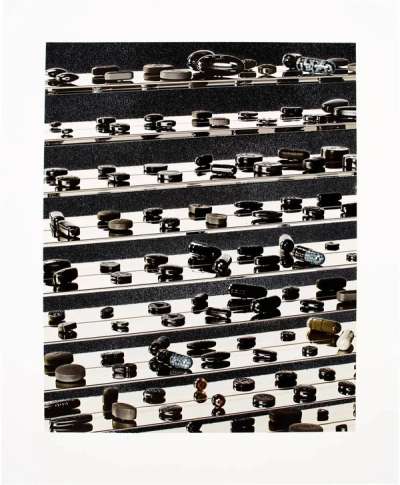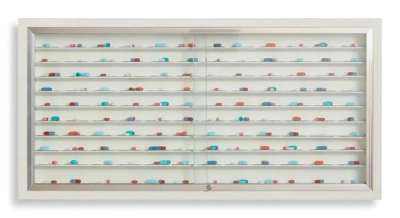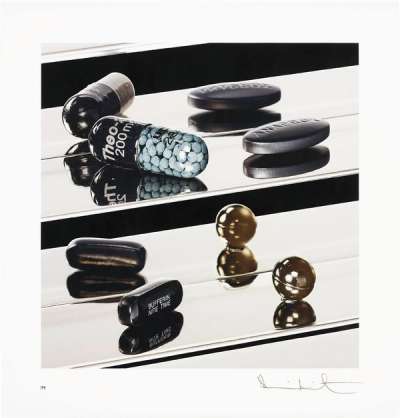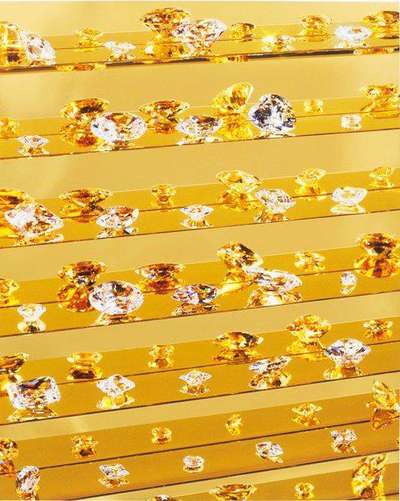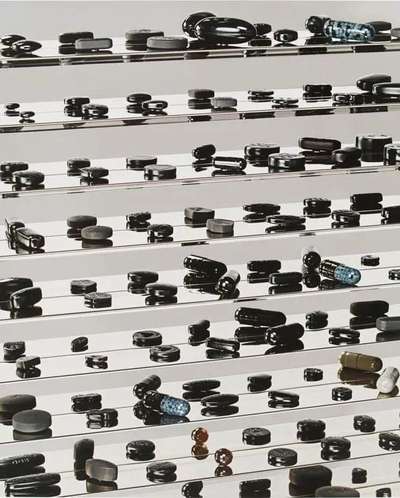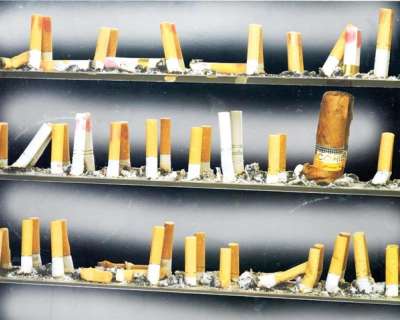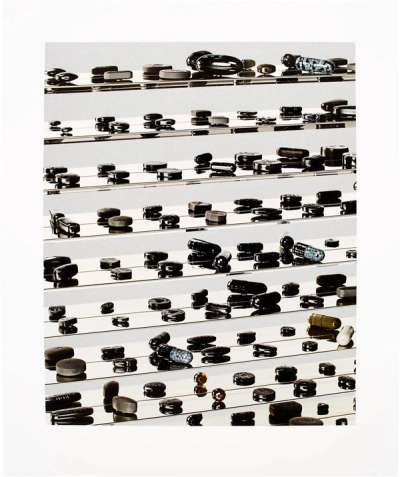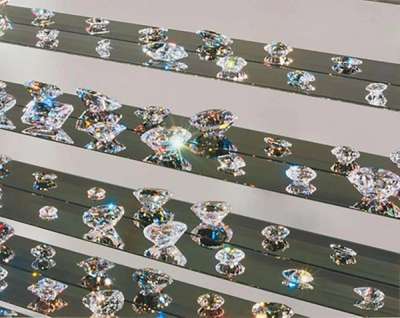
Utopia

Utopia
Signed Print
Damien Hirst
£5,000-£8,000Value Indicator
$10,500-$17,000 Value Indicator
$9,000-$14,500 Value Indicator
¥45,000-¥80,000 Value Indicator
€6,000-€9,000 Value Indicator
$50,000-$80,000 Value Indicator
¥930,000-¥1,490,000 Value Indicator
$6,500-$10,500 Value Indicator
AAGR (5 years) This estimate blends recent public auction records with our own private sale data and network demand.
There aren't enough data points on this work for a comprehensive result. Please speak to a specialist by making an enquiry.
Medium: Digital Print
Edition size: 55
Year: 2012
Size: H 69cm x W 83cm
Signed: Yes
Format: Signed Print
TradingFloor
Track this artwork in realtime
Watch artwork, manage valuations, track your portfolio and return against your collection
Track auction value trend
Auction Results
| Auction Date | Auction House | Location | Hammer Price | Return to Seller | Buyer Paid |
|---|---|---|---|---|---|
| October 2022 | Sotheby's New York | United States | |||
| January 2020 | Phillips London | United Kingdom | |||
| June 2015 | Van Ham Fine Art Auctions | Germany | |||
| November 2014 | Artcurial | France | |||
| October 2014 | Sotheby's New York | United States | |||
| June 2014 | Ketterer Kunst Hamburg | Germany | |||
| February 2013 | Phillips London | United Kingdom |
Meaning & Analysis
Utopia is an inkjet, glaze and foil block print from Damien Hirst’s Utopia series from 2015. The print shows several rows of brightly coloured medical pills set on shelves against a mirrored backing. Mesmerising in its use of colour and the varying sizes of pills used, this print also maintains a sense of sterility that is associated with medicine.
Pharmaceutical iconography has been a prominent theme throughout Hirst’s artistic oeuvre. Notably, the artist’s first solo show at the Institute of Contemporary Arts in 1991 featured numerous glass fronted cabinets displaying empty medicine boxes. Later, one of Hirst’s sculpture from 2000, The Void, appeared as the artist’s first pill cabinet work. Indeed, Utopia is an image that directly references this earlier work, showing the painted pills as little sculptures and the mirrored back of the cabinet to create a visually complexing work.
The display of pills as high art represents the absurdity in controlling feelings in body and mind through modern medicine. Hirst has explained why he is interested in the medical pill motif saying that, “Pills are a brilliant little form, better than any minimalist art. They’re all designed to make you buy them…they come out of flowers, plants, things from the ground, and they make you feel good, you know, to just have a pill, to feel beauty.”
